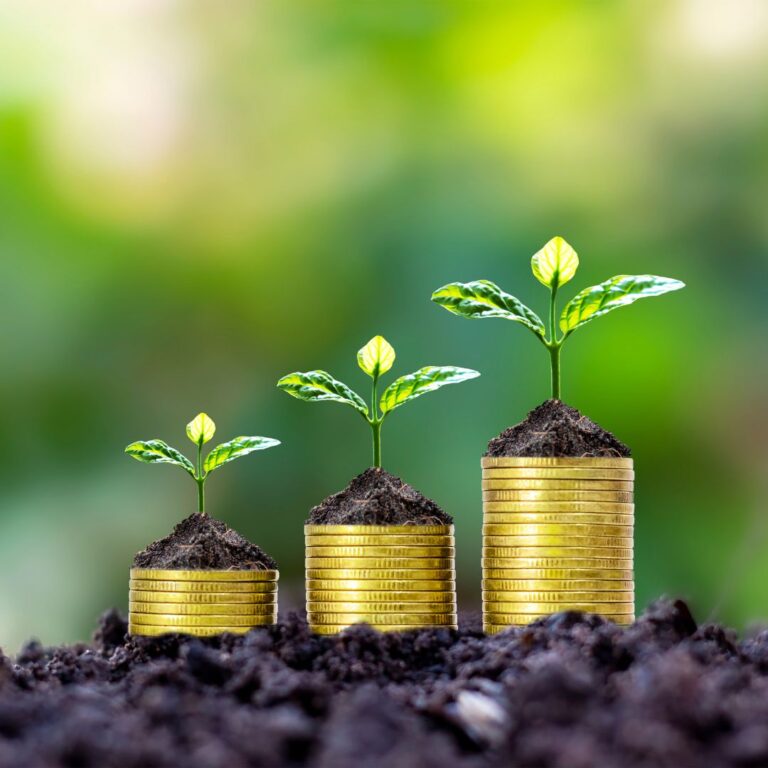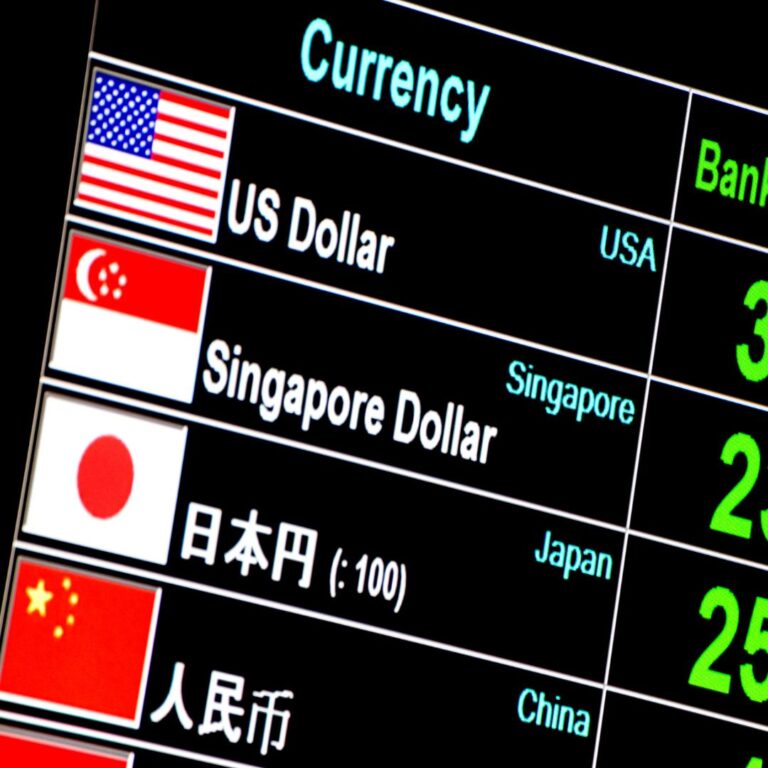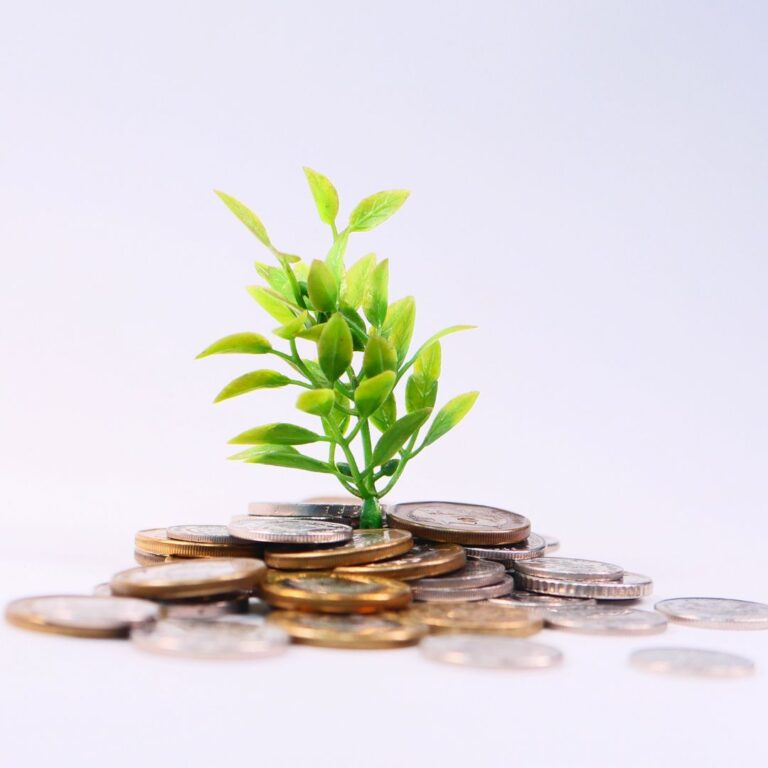#8 – Transacting Gold & Silver Part II
Introduction
This article continues from ‘Umdatus Salik #7 – Usurious Gain (Riba) Transacting Gold & Silver Part I’ to further explore the Shariah principles of riba (usurious gain) in trading gold, silver, and other commodities. In Part II, we focus on scenarios where equivalence is difficult to determine, such as in the exchange of fresh and dried foodstuffs or mixed and cooked items. These notes emphasize how Islamic teachings safeguard and prioritise fairness and transparency in trade, ensuring all transactions remain ethical and Shariah-compliant.
| Notes from Ustaz Anwar | English Translation | Arabic Text |
| Ajwa → dried dates
Syafawi → ripe/fresh dates We cannot determine the water measurement when selling fresh and ripe dates, so there is no equality |
Equivalence in amount is not applicable to foodstuffs until they are completed, meaning, for fruits, in the dried storage state. | وإنما تُعتبرُ المماثلةُ حالةَ الكمالِ، فحالةُ كمالِ الثمرةِ الجفافُ |
| Some moisture in dried dates have evaporated, so the measurement is different from fresh dates. Therefore there is riba! | It is invalid to trade fresh dates for fresh dates for dried dates, | فلا يصحُّ رُطبٌ برُطبٍ، أوْ رُطبٌ بتمرٍ |
| Exchanging grapes although they are of the same cubic measure. Why? The amount of water is unknown, sometimes the weight is due to water in the grapes, not only the grapes themselves.
Exchanging grapes with seedless raisin used in cakes (زبيب) is also invalid. |
fresh grapes for fresh dates, fresh dates for dried or fresh grapes for raisins. | وكذا عنبٌ بعنبٍ، أوْ بزبيبٍ، وإنْ تماثلا |
| Cannot be exchanged with one another. | Types of dates and grapes not sold as dried dates and raisins may not be exchanged for their own sort. | فإنْ لمْ يجئ منهُ تمرٌ ولا زبيبٌ لمْ يصحَّ بيعُ بعضهِ ببعضٍ |
| Something that is very thin, dainty. In this example, its flour.
Exchanging bread with another bread is invalid, even if its the same amount eg, 1 loaf. Since the flour or any ingredients inside can be of different values, and they are unknown. |
It is also invalid (because of ignorance of their equivalence) to exchange:
-1- flour for flour (0: when they are of the same type); -2- flour for wheat; -3- bread for bread (0: when of the same type); -4- a pure foodstuff for a mixed one; -5- cooked food for uncooked, or cooked food for other cooked food, |
ولا يباعُ دقيقٌ بدقيقٍ، ولا ببُرٍّ، ولا خُبزٌ بخُبزٍ، ولا خالصٌ بمَشوبٍ، ولا مطبوخٌ بنَيءٍ، ولا بمطبوخٍ |
| Unless you are able to remove all the excess water in the cooked food. | unless the cooking is very slight, | إلا أنْ يجفَّ الطبخُ |
| Separating honey from oil (an oily substance taken from animals or plants and used in cooking) | such as separating honey (0: from the comb) or milkfat (0: from milk). | كتمييزِ العسلِ والسمنِ |
Conclusion
Trading in Shariah must must have fairness and transparency, as outlined in the Shariah principles. By following these guidelines, the Islamic way of trading is honoured, to ensure a just and ethical trade, that maintains trust and fairness in transactions.
Written by Maryam Binte Aziz for notes on Umdatus Salik ‘Episode 187 – Transacting Gold & Silver Part II’.
Umdatus Salik #7 – Usurious Gain (Riba): Transacting Gold and Silver Part I
Umdatus Salik #6 – Usurious Gain (Riba): Usurious Gain in Sales of Foodstuffs, Gold and Silver








